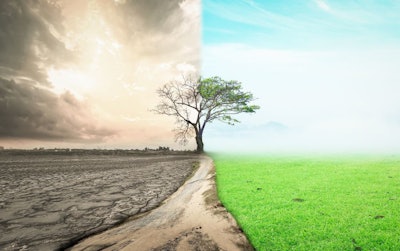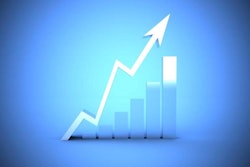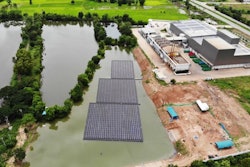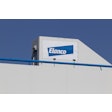
Will utilize a new digital tool so farmers can operate in more climate-friendly way
HKScan will provide its farmers with a digital tool so they can examine the climate impact of their farms as part of its goal of having a carbon-neutral food chain by the end of 2040.
HKScan said its climate data shows that the greatest carbon footprint in food production comes from production of feed. That is why the promotion of resource efficiency and carbon sequestration in field farming together with contract farmers are at the heart of the company’s climate actions.
Farmers for HKScan’s brand Kariniemen will get first access to the tool this spring.
“Our recent research data shows, for example, that Kariniemen’s farms are doing good climate work and farmers want to be the forerunners of future responsibility work,” said Ulf Jahnsson, vice president, strategic development primary production at HKScan. “We have new, farm-specific carbon footprint data from more than 60% of Kariniemen’s farms already at this stage. Our digital service brings a new perspective to the climate work of the food chain, as information and targets and based on farm-specific data.”
Numerous ways to produce in a climate-friendly way
Unique, farm-specific carbon footprint data shows that there are differences between the farms and there are a lot of opportunities to find good practices to reduce the carbon footprint of primary production.
In line with the zero-carbon climate plan, HKScan tests new solutions on pilot farms, and the best solutions will be rolled out to all of its markets. HKScan said it will continue to optimize the use of nutrients in fields in the coming growth season with satellite technology in Finland and Sweden.
It will also help its contract farmers to increase carbon sequestration in their fields, as carbon sequestration can significantly reduce the climate impact of the whole food chain. The goal is for fields to sequester 500 kilograms of carbon dioxide per hectare per year. The company carries out carbon sequestration research and development on pilot farms in Finland with partner companies.
“We organize climate trainings to provide our contract farmers with practical tips on carbon sequestration and how to reduce their carbon footprint. In addition to climate work, we want to increase farm productivity and promote the competitiveness of local food production,” said Jahnsson.












